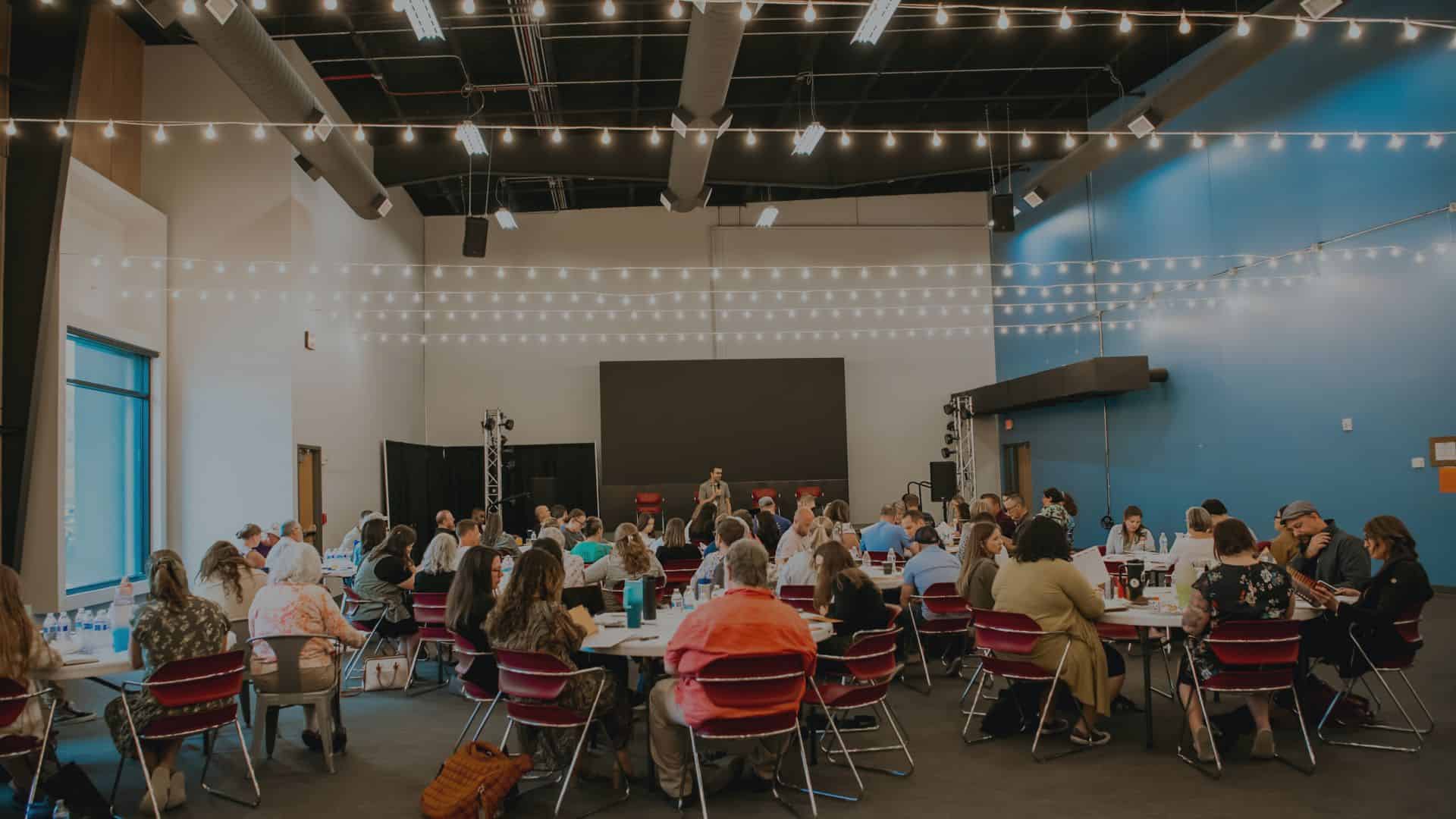Children who have experienced trauma often exhibit what we would label as “bad” or “willful” behaviors. Lying, stealing, self-harm, harm towards others, destruction of property, shutting down, hyperactivity, and on and on.
It can be overwhelming, can’t it?
When a child acts out, it’s tempting to say, “They’re just being a bad kid!” or “They should know better!”
What if, instead of that response, we ask questions like:
- What is the root cause of this behavior?
- What need is being communicated by this behavior?
- What happened to this child to cause them to act in this way?
Asking these questions helps us avoid assuming the worst (“they should know better”) or feeling helpless (“they’re just a kid”) and take the perspective that their behavior is a survival instinct.
When we see things this way, the struggling child will receive, and hopefully feel, unconditional love and acceptance from us.
Let’s talk about how to get there.
How to recognize survival behavior
If you’ve ever had a sick pet, how did you know they were ill?
Typically, we’ll see it through their behavior. Perhaps they withdraw from touch or even bite because what they’re experiencing is painful.
We often see a change in eating and drinking habits and bowel movements, or they might even vocalize their discomfort. The dog with an upset stomach did not snap at you because they were being a bad dog or displaying willful behavior. They snapped because they were in pain, and snapping was their only way to communicate that to you.
It was a survival behavior for the dog to prevent more pain.
The same is often true of human behaviors.
When we don’t have words or coping skills in place to express our pain or a need in a healthy way, we show our need through our behavior. This is especially true of children who have experienced trauma and have not had the support or necessary time to heal. Acting out becomes the only language they have for communicating their hurt.
When a child frequently lies, we can find our patience wearing thin because we are convinced the child knows the truth and willfully chooses to lie.
But is it really that simple?
Research into how trauma affects our brains and bodies would say a resounding “no.”
At Christian Heritage, we use a trauma-informed behavior management tool called Trust Based Relational Intervention (TBRI for short). This concept of willful versus survival behavior and identifying the need behind the behavior lays much of the foundation for TBRI and has been extensively researched.
TBRI teaches that, although the child may indeed be “willfully” choosing to tell a lie instead of the truth, we can’t stop there. Our job as adults is to be a detective and help children figure out why they feel they must lie and how we can empower them to change that behavior.
They may have grown so used to lying in previous homes/situations that it is a habit. Or maybe the only way they got their physical or emotional needs met by adults in the past was by lying. Maybe adults lied frequently, so it’s the child’s norm, and they have never been taught not to lie.
These scenarios apply to all the behaviors we see in children who have experienced trauma.
Connection is the key to helping heal survival behavior
You might be wondering by now how we are supposed to address negative behaviors and help children learn healthy ones. How do we counteract years of trauma that have changed the biology of this child’s brain? How do we change our mindsets to view behavior as survival versus willful?
There are numerous answers to those questions that could fill endless blog posts. The root answer is simple but requires a tremendous investment from us as adults.
The simple answer is that, as TBRI teaches, for healing and change to occur, there must be a relational connection.
A youth who barely knows you and does not trust you will probably have no desire to change their behavior or even be able to do so. (This is true of adults, too!)
We must build connection and trust with a child before expecting behavioral changes.
And for adults, it’s tough to connect with a child we think is being a “bad” kid and willfully acting out. We must first change our mindsets to have the patience and compassion required to build a connection with a child. Especially when children who have experienced relational trauma often resist healthy connections as a way to protect themselves.
Once we lay that foundation of trust and connection, we are able to help and empower the child to process their trauma and heal. This leads to positive changes in their behavior.
God created us for connection
God has created our brains with the amazing ability to be “plastic.” They are changeable. Brain connections and chemicals can literally change through connection and trust with other humans.
Healthy relationships change us for the better; this is where our hope lies. And isn’t this true of our most important relationship? When we are connected by faith to Jesus, we change!
When we’re all committed to the hard but beautiful work of caring for vulnerable children, lives will change. Instead of just seeing a “bad” kid with big behaviors, we can look beneath the surface at the real, precious child in front of us and have empathy for the needs behind the behaviors. When we do this, children will have the opportunity and tools to flourish.
Do you want to learn more about TBRI and how you can be an instrument of healing and change in a child’s life? Reach out to our training team today to learn about opportunities to grow your knowledge and skills of trauma and connection.







